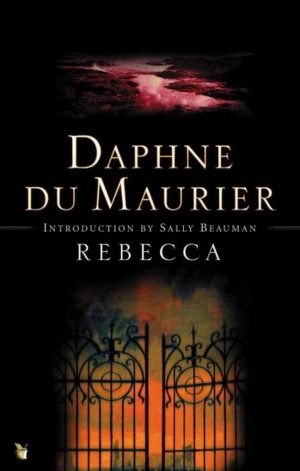Can’t think of a better escape right now than the 1938 novel Rebecca by Daphne du Maurier, a glorious cocktail of jealousy, obsession, opulence and mystery. Our modest, unglamorous heroine works as a companion to a well-healed woman on holiday in Monte Carlo. There she meets the wealthy, dashing widower Max de Winter and an unlikely relationship begins. They marry and return to Manderley, de Winter’s palatial estate in England, where the ghost of de Winter’s dead wife Rebecca and the ghoulish housekeeper Mrs Danvers rule. An extraordinary psychological thriller.
Our heroine and narrator (who remains nameless) is a romantic and a dreamer, but reality never quite seems to live up her fantasies. As she tries to settle into her new life there are troubling questions. Why is Max so cold and distant? Who is the dimwit on the beach and why is Max so reluctant to go there? Why is the west wing of the house not being used? And what is it with the mysterious Mrs Danvers?
Someone advanced from the sea of faces, someone tall and gaunt, dressed in deep black, whose prominent cheek-bones and great, hollow eyes gave her a skull’s face, parchment-white, set on a skeleton’s frame.
Du Maurier grabs hold of the reader’s attention from page one with a bone-chilling description of Manderley starting with one of fiction’s most famous opening lines: ‘Last night I dreamt I went to Manderley again.’ Then there is the brilliantly conceived Mrs Danvers, evil on two legs, who immediately joined the ranks of most cruel women in literature. Hitchcock based some of his most successful films on du Maurier’s books (Oscar winning Rebecca being one of them). I can absolutely see why.
The Independent on Rebecca’s enduring appeal.
Rebecca by Daphne du Maurier is published by Virago, 428 pages.





